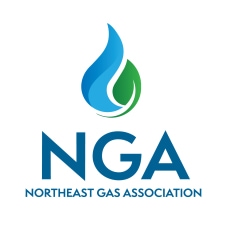Leak Recognition & Response
Leak Recognition and Response
SMELL - Natural gas is colorless and odorless. We add a distinctive, pungent odor so that you'll recognize it quickly (not all gas transmission pipelines are odorized).
SIGHT - You may see a white cloud, mist, fog, bubbles in standing water, blowing dust, or vegetation that appears to be dead or dying for no apparent reason.
SOUND - You may hear an unusual noise like roaring, hissing, or whistling.
What Should You Do if You Suspect a Gas Leak
-
MOVE to a safe environment.
-
DO NOT strike a match, use telephones, switch on/off appliances, lights, or even a flashlight in the area where you smell gas. These items can produce sparks that might ignite the gas and cause an explosion.
-
CALL 911 and/or your Local Distribution Company immediately
-
DO NOT assume someone else will report the condition. Provide the exact location, including cross streets.
New Hampshire
New York
- Bath Electric, Gas & Water Systems
- Central Hudson Gas & Electric Corporation
- Consolidated Edison Company of New York, Inc.
- Corning Natural Gas Corporation
- Liberty Utilities
- National Fuel Gas Distribution Company
- National Grid - Long Island
- National Grid - Metro NYC
- National Grid - upstate
- New York State Electric & Gas Corporation
- Orange & Rockland Utilities, Inc.
- Rochester Gas & Electric Corporation
- Valley Energy

